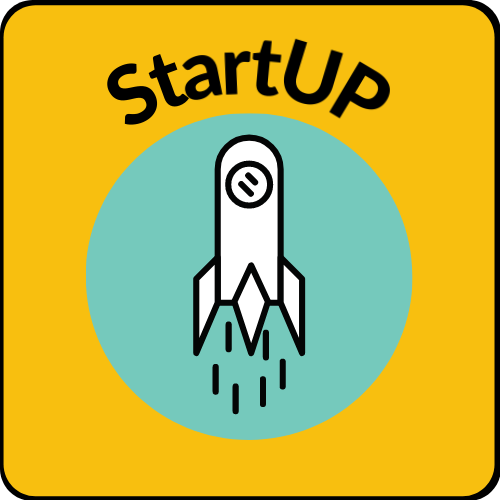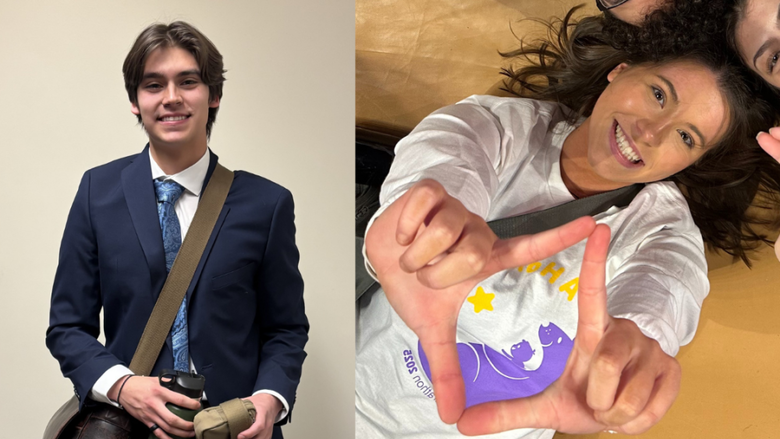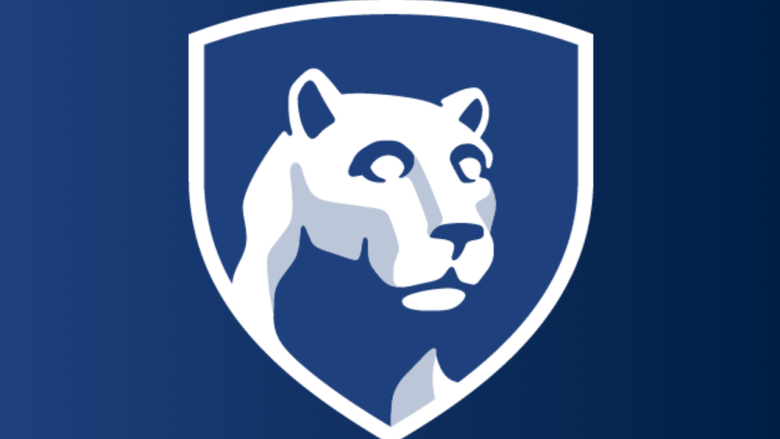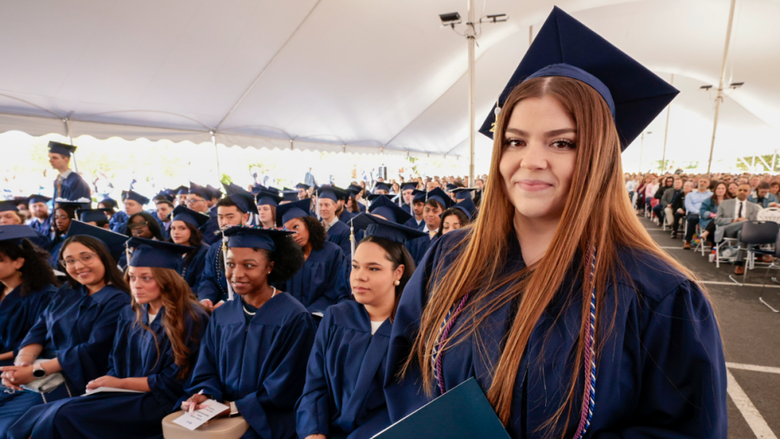
20 Penn State teams with students from seven different colleges and six campuses, including for the first time Penn State World Campus, were each awarded $500 to compete in the Prototype Phase of the 2021 Nittany AI Challenge.
CENTER VALLEY, Pa. — Penn State’s Nittany AI Challenge has created a win-win situation by offering students the chance to compete for awards by developing and presenting AI–based solutions to improve the world around them. 20 Penn State teams with students from seven different colleges and six campuses, including for the first time Penn State World Campus, will each be awarded $500 to compete in the Prototype Phase of the 2021 Nittany AI Challenge. Teams were selected based on their potential for positive impact on the world, all using AI for Good to develop solutions that address real-world challenges in education, environment, health and humanitarianism.
A first-year mechanical engineering student at Penn State Lehigh Valley, Salmaan Bhimji, is participating in this year’s challenge on two separate teams — Food Aid and StartUP.
Food Aid is an AI-based program designed to help food banks meet nutritional needs for the community. According to the USDA, less than 12.2% of adults meet the daily recommended fruit and vegetable intake.
“Most of the population is unaware that there is a nutritional crisis taking place in the United States. Food banks emerged as a solution to aid these people but despite their best efforts, most strategies to address malnutrition are not well-structured,” Bhimji said.
Food banks receive supplies from donations and federal programs; however, most of these items are packaged or frozen foods intended for filling stomachs rather than providing proper nutrition. The program developed by the Food Aid team helps food banks meet the needs of the population served by providing nutritional data for the products available at their facilities. Using this program, food banks will be able to identify which nutrients are lacking in their distributions and use money from donations to buy food that provides a balanced diet.
Although Bhimji is involved with both teams, he admits that as a first-generation American, the StartUP project is most personal to him. StartUP is an AI-based platform which enables entrepreneurs to interact with tools that help them make better business decisions and avoid costly mistakes.
“I've always wanted to start a business ever since I was in middle school but never knew how. None of my family members knew the process for starting a business or resources for raising capital,” Bhimji said. “Search results on the web brought back vague results. The answers were out there, but I didn't know how to reach them. That is the problem I envision to fix with StartUP using the power of artificial intelligence.”
For those like Bhimji who are struggling with how to enter the entrepreneurship space, the StartUP program aims to provide answers and opportunities for minorities. The goal is to empower entrepreneurs within underrepresented communities by connecting them with the resources to level the playing field, make better business decisions, and succeed in the long run. According to Bhimji, “Our application will provide resources, tailored to your business, that empower you as an entrepreneur to raise capital, find manufacturers, and even secure a grant aimed at minority-run businesses.”
Students with a wide variety of skill sets from Penn State's College of Engineering, College of Agricultural Sciences, College of Earth and Mineral Sciences, Eberly College of Science, College of Information Sciences and Technology, College of the Liberal Arts and Smeal College of Business, who are earning their degrees through Penn State World Campus and at the University Park, Great Valley, Mont Alto, Lehigh Valley and Harrisburg campuses, make up the 20 teams competing in this year’s challenge.
Each will have the opportunity to submit a video demonstration of a prototype on March 31 for the chance to be selected and funded to create a minimum viable product (MVP) during the final phase of the 2021 Nittany AI Challenge. The total prize pool for the challenge is $50,000. The top 10 teams selected to create an MVP will be awarded $1,500 each out of that total pool.
To learn more about the Nittany AI Challenge, visit the Nittany AI Alliance online.





